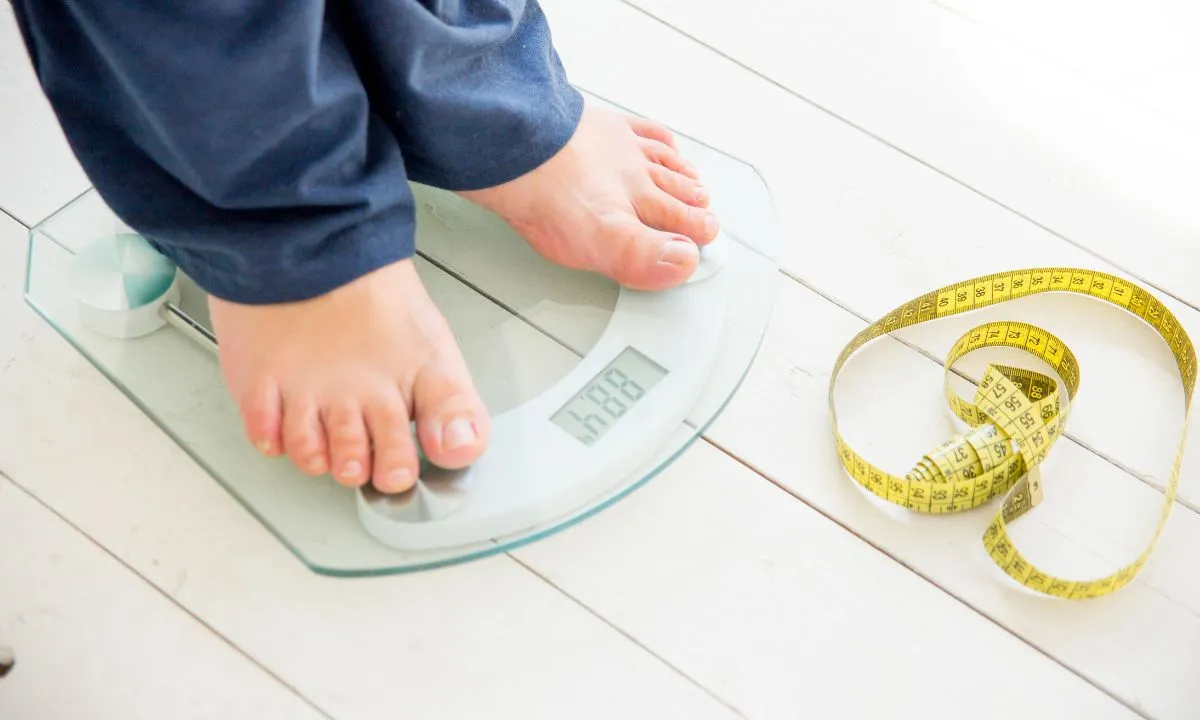Embarking on a clean eating journey is often seen as a pathway to a healthier lifestyle and weight management. However, many individuals find themselves perplexed when, despite their dedication to clean eating, the scale continues to inch upward.
In this comprehensive guide, we will delve into common pitfalls and misconceptions associated with clean eating that may inadvertently contribute to weight gain. Moreover, we’ll provide practical tips and advice to help you navigate these challenges and achieve your weight management goals.
1. Caloric Awareness: The Foundation of Clean Eating
- Misconception: Clean eating is a free pass to consume unlimited calories.
While clean eating focuses on nutrient-dense foods, it’s crucial to remember that calories still matter. One common pitfall is neglecting to monitor caloric intake, assuming that the quality of food alone determines weight outcomes. In reality, even wholesome foods can contribute to weight gain if consumed in excess.
Practical Tip: Maintain a food diary, tracking both the types of foods consumed and portion sizes. Utilize online tools or mobile apps to estimate daily caloric needs based on factors like age, gender, and activity level.
2. Overreliance on “Healthy” Snacks
- Misconception: Snacking on “healthy” options won’t impact overall caloric intake.
Clean eaters often turn to snacks like nuts, granola bars, or dried fruits, believing these choices to be weight-friendly. However, the calorie density of such snacks can add up quickly, leading to an unintended surplus of calories.
Practical Tip: Be mindful of portion sizes when snacking on calorie-dense foods. Opt for whole, minimally processed snacks like fresh fruits, vegetables, or a handful of nuts to keep portions in check.
Also Read: 7 Days Clean Eating Meal Plan: Practical Ideas
3. Ignoring Liquid Calories
- Misconception: Beverages don’t contribute significantly to daily caloric intake.
Clean eaters might overlook the impact of beverages, such as fruit juices, smoothies, or even excessive amounts of almond milk in their coffee. These liquid calories can easily sabotage weight management efforts.
Practical Tip: Hydrate primarily with water and be cautious of calorie-laden beverages. Consider alternatives like herbal tea or infused water for flavor without the added calories.
4. The Dangers of Overeating “Healthy” Fats
- Misconception: Healthy fats have no calorie restrictions.
While incorporating healthy fats like avocados, nuts, and olive oil is beneficial, overconsumption can lead to an excess of calories. Even nutrient-dense fats should be consumed in moderation for effective weight management.
Practical Tip: Measure and control portions of healthy fats. Aim for a balance between different types of fats and consider consulting a nutritionist for personalized advice.
5. Misjudging Portion Sizes
- Misconception: Clean eating allows for unlimited portions of wholesome foods.
Even when consuming nutrient-dense foods, portion control remains crucial. Misjudging portion sizes can lead to unintentional overeating and hinder weight management efforts.
Practical Tip: Use visual cues and measuring tools to gauge appropriate portion sizes. Pay attention to hunger and fullness cues to avoid mindless eating.
6. Lack of Diversity in Nutrient Intake
- Misconception: Focusing on a few “superfoods” is sufficient for a balanced diet.
Clean eaters sometimes fixate on a handful of superfoods, neglecting the importance of a diverse nutrient intake. This can lead to nutritional imbalances and hinder weight loss.
Practical Tip: Embrace variety in your diet by incorporating a spectrum of fruits, vegetables, whole grains, and lean proteins. Experiment with different recipes to keep your meals exciting and nutritionally rich.
7. Inadequate Physical Activity
- Misconception: Clean eating alone is sufficient for weight management.
While nutrition is a cornerstone of a healthy lifestyle, physical activity plays a vital role in weight management. Relying solely on clean eating without incorporating exercise can hinder your ability to achieve and maintain a healthy weight.
Practical Tip: Find enjoyable forms of physical activity and incorporate them into your routine. Whether it’s walking, jogging, or engaging in a favorite sport, regular exercise enhances overall well-being and complements clean eating efforts.
Conclusion:
In summary, clean eating is a commendable approach to promoting health, but understanding and addressing common pitfalls is crucial for effective weight management. By dispelling misconceptions and embracing practical tips, individuals can navigate the nuances of clean eating, fostering a balanced and sustainable relationship with food. Remember, success lies not only in the quality of your meals but also in the mindful consideration of factors that contribute to a healthy lifestyle.

